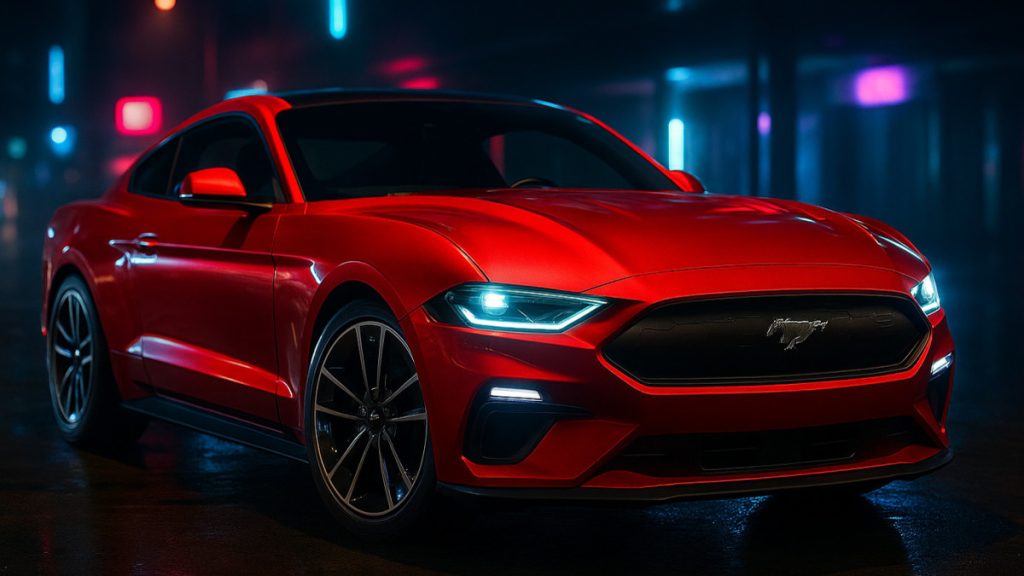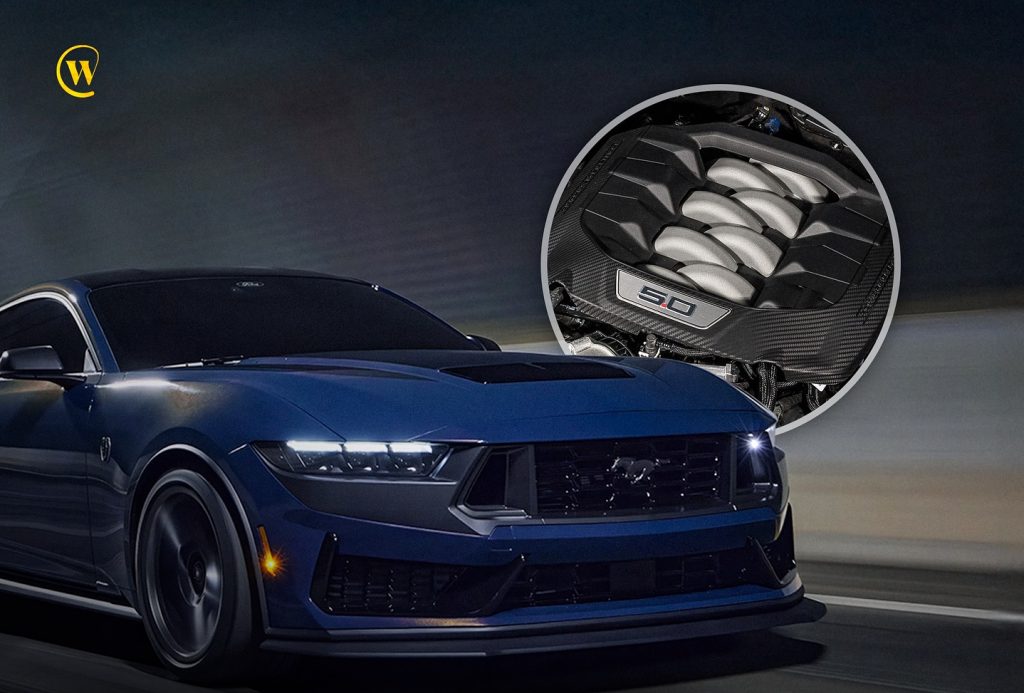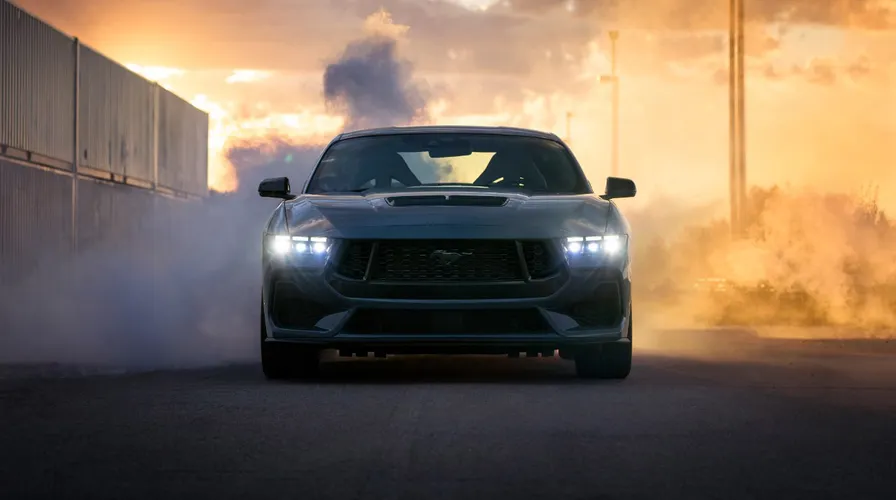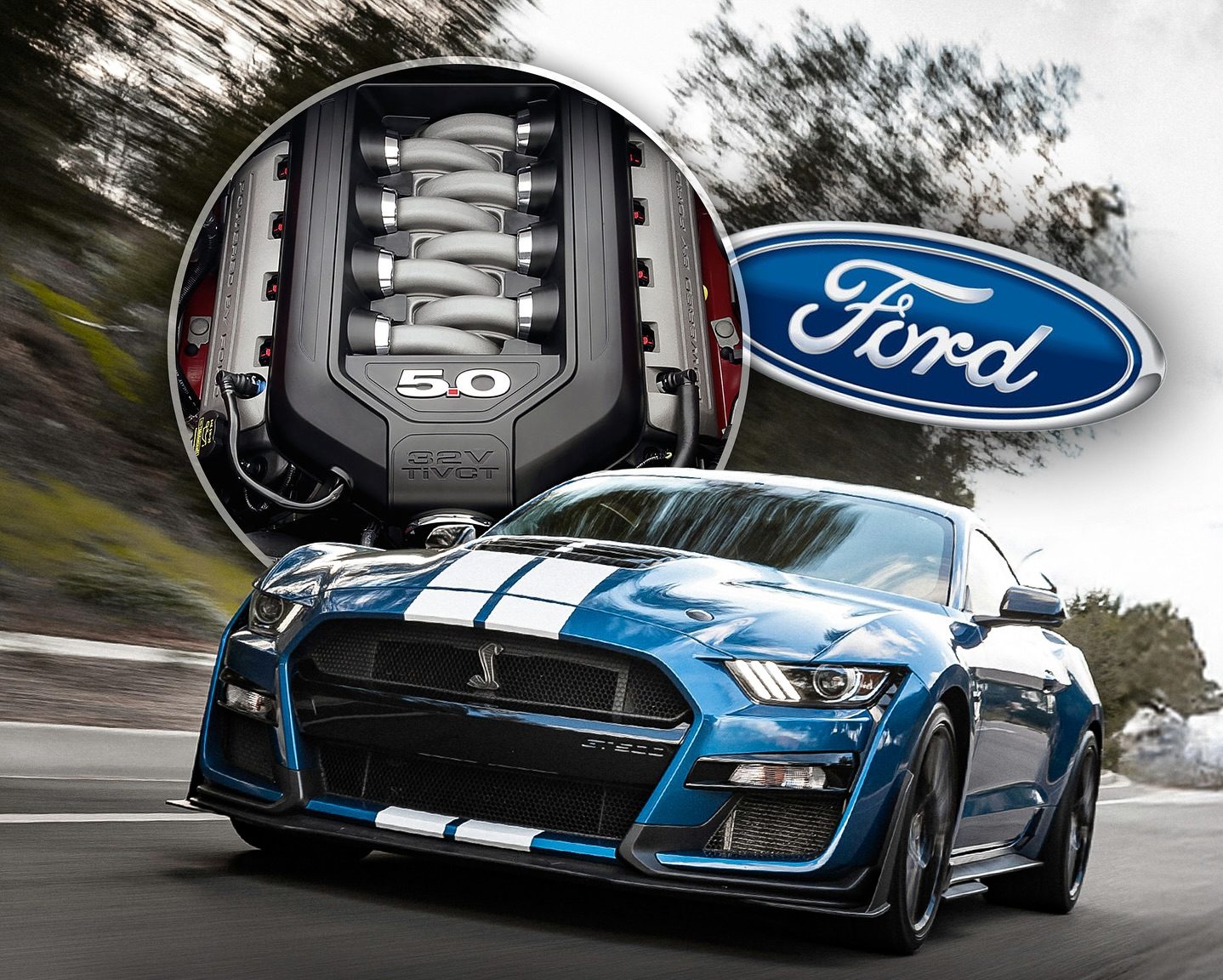Ford CEO Jim Farley Vows the Iconic Mustang Will Never Become Fully Electric, Keeping Its V8 Soul Alive
There are cars, and then there are legends. For decades, the Ford Mustang has been more than just a machine on wheels—it has been a symbol of raw American power, freedom, and individuality. From the moment it first roared onto the streets in 1964, the Mustang became a cultural icon, representing not just a way to drive, but a way to live. Now, in a world racing toward electrification, Ford’s CEO Jim Farley has made a statement that stirred car enthusiasts everywhere: the Mustang, in its classic two-door sports car form, will never go fully electric.
Farley’s words came as automakers across the globe continue to announce bold EV plans, shifting fleets away from combustion engines and into the age of batteries and silence. But while Ford is investing heavily in electric vehicles, including the popular Mustang Mach-E crossover, Farley was clear about where the line is drawn. The Mach-E may carry the Mustang badge, but the true two-door coupe—the car that made history—will hold onto its heart and soul for as long as possible. “We will never make an all-electric Mustang,” he said firmly, underlining that the traditional Mustang isn’t going anywhere.

What makes this announcement so powerful is the reassurance it gives to longtime fans of the car. The Mustang has always stood for something visceral—the rumble of the V8, the tactile feel of the manual gearbox, the adrenaline rush of speed that feels alive in your bones. In an era where regulators and governments are pushing for quieter, greener cars, Ford is doubling down on character. The company has pledged to keep the 5.0-liter V8 alive in the coupe, along with a manual transmission option, for as long as laws and regulations allow. It’s a promise that feels almost rebellious, a refusal to let go of what made the Mustang special in the first place.

For enthusiasts, the sound of the V8 is more than noise—it’s music. It’s the soundtrack of weekend drives, late-night races, and the kind of motoring memories that shape generations. Farley’s promise protects that identity. While the industry shifts toward EVs, Ford is ensuring the Mustang doesn’t lose the very thing that made it legendary. That doesn’t mean the company is ignoring progress—Ford is deeply committed to its electric future, from the F-150 Lightning to the Mach-E. But the Mustang coupe, with its growl and gears, will remain untouched in its purest form.
Of course, the decision comes with its challenges. The automotive industry is under immense pressure to cut emissions, meet new regulations, and adapt to the realities of climate change. For many brands, that has meant sacrificing heritage in the name of progress. Ford, however, is betting that there is still room in the future for cars that embody emotion, passion, and nostalgia. By refusing to electrify the Mustang coupe, they are standing up for driving enthusiasts who believe not everything should be reduced to efficiency alone.

What makes this even more significant is the balance Ford is striking. On one hand, the company is innovating and leading in EVs, ensuring it doesn’t fall behind the future. On the other hand, it is protecting a legacy. It’s a dual path that shows respect for both progress and tradition, and it’s rare in today’s market. For many, this decision cements the Mustang’s place as a timeless machine—something that adapts to changing times without losing its essence.
Jim Farley’s statement was more than just corporate strategy—it was a message to the loyalists. It was a promise that the Mustang you know, the one with the deep growl and the unshakable spirit, isn’t going away. It’s not just a car; it’s a piece of history that will continue to live on. And for anyone who has ever turned a key, revved the engine, and felt the world around them disappear in a Mustang, that’s something worth celebrating.

